My friend, Anthony Casablanca, Co-Founder of Grief Leaders,LLC @ Griefleaders.com, sent me a message today and asked for my perspective on the following quote, “I’ve never really thought of myself as depressed so much as paralyzed by hope.” -Maria Bamford, “The Now Show,” 2006
It’s an interesting perspective and I’ll start right off by saying that everyone experiences depression differently. Anthony knows this.. Because he’s an expert in grief, and knows that everyone experiences grief differently too. There are some similarities in the process of moving through these experiences of course, and through familiarizing ourselves with those processes we can connect, and treat, those who are hurting, maybe even help to heal those who are going through these deep wells of human experience.
Reflecting
This quote and specifically the phrase “paralyzed by hope,” is one that sparked some deep reflection of my own. I often refer to depression as a black hole. For me it felt as if it robbed me. I took away things, and I think in the thick of it, I would agree with that statement. There was an absence more than a paralyzation. A numbness to the world. A hopelessness.
However, 10 years into healing… considering myself in remission… learning how to realign with my inner authority, power, grace, and ease and now, watching myself comfort my inner child, and learn to dance and sing again I might see things differently. I can now embrace the “oddities” of me and spirit the heart of creation within me… and because of that I don’t know that I would describe depression as a black hole any longer… Well, Maybe I would.
The black hole that is depression
A Black hole, is a star. A star that’s gravity has gotten so powerful that it has collapsed in on itself and looking back, that’s what I believe had happened to me. Frankly, I’m not really sure that that is actually depression, and have been wondering lately if it was properly diagnosed. Mind you, I am not a clinician, but I was later diagnosed with ADHD and after a great deal of unpacking (even through today…) the undiagnosed adhd left unresolved trauma responses. I don’t even know if we need the labels that we put on these things…. Is it not possible for us to just experience the emotions… Perhaps there isn’t anything “wrong” with us, but merely an absence of understanding. The experiences of life must be moved through and not ignored… But I digress.
The point is, at the time of my diagnosis I was a new mom, with high expectations of herself, a business owner, a wife, and I had a child on the way. Additionally I spent each day in a chronic pain state. The pressures were enormous, so I spent my bad days feeling like I was worthless. So heartbroken at my own inability to be superwoman that I would become NUMB. Then I spent my good days overcompensating to the point of exhaustion. I suffered through the pain and martyrdom and then I would become NUMB. Which is why I call depression a black hole.. It’s a depression of life, of emotion, of feeling, of experience… it’s the lack of everything, replaced with numbness.
Is it hope?
For the purposes though, of this statement I want to call out too that there is an additional scenario that we need to consider. This happens quite often for people who experience depression as well, and it’s in regard to conditioning. Where those of us who have known nothing different, we become so conditioned to depression that we don’t know how to live another life. In my case, my mom was severely depressed for as long as I remember. So when I went to the therapist, I assumed my suicidal thoughts that occurred quite regularly were actually normal.
Someone I spoke to just two days ago compared the fawn response that researchers are studying right now to Stockholm syndrome. I think this is actually an extreme comparison that could illustrate my point in this scenario as well. In extreme cases, some people cope with kidnapping, abuse, and cope with those traumatic scenarios by actually falling in love with their abusers. We may not be able to understand it, but the truth is, that it is a coping mechanism. To the same extent of our brains coping in situations like abuse and trauma from others, we can also be abused and traumatized by our own brains.
This is why people who are depressed can’t simply snap out of it… it’s the same thing. We become so conditioned that it becomes all we know. The abuse, the hurt, the pain, the violence (even if it eventually becomes our own brain doing it) It becomes so familiar to us that it becomes almost impossible to break the cycles and choose a different path. Even when there’s a light of something better, we do often find ourselves paralyzed by hope, or at least by what it means to have a different life.
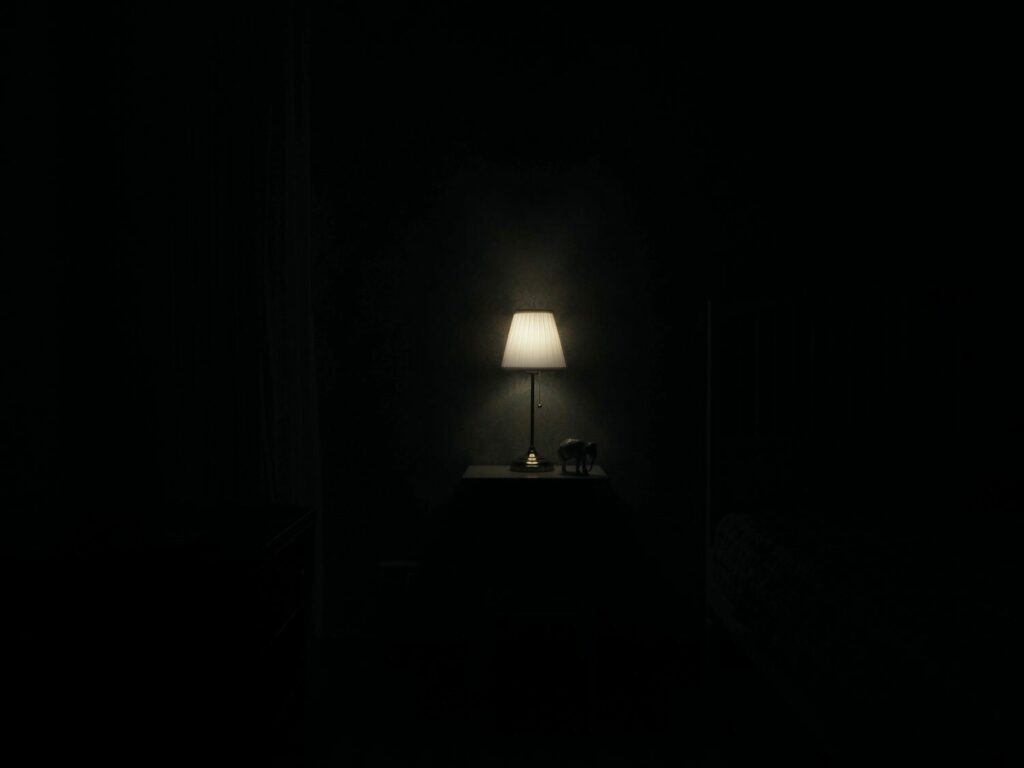
How are you paralyzed; by hope or is it something else?
Let me give you an example in a hypothetical situation.
Someone grans me the rare opportunity to continually poke you with a hot iron. It burns you and it hurts, but you can push it away. You know that you can control how far in the poker goes every time it pokes you. You know it will never kill you. It hurts and it burns.
Say someone gave you the option to continue to endure every day, or to walk into a dark room. This is a room where you believe there may be dangers around any corner. You’ve been taught to believe that there are things in that room that you may not see. Would you take the risk to walk into the room, or would you stay and persist with the poking?
Taking it further: Maybe you have enough of the poker for a while and feel you deserve better. (Which by the way you absolutely do.) So, you venture into the room for a while. As things start to get darker and darker. Then the light from the poker dims, it gets scarier because you don’t know if anything dangerous lurks. Maybe something that’s worse for you is out there, and maybe you’re actually making the situation worse. Maybe there are more pokers, with hotter fire that go deeper.
Our brain responds to stress
Our brain knows that, on one hand, it is stressed and maybe even in danger on a day to day basis. But in the unknown scenario above, it perceives more danger in the dark room. Our brains are hard wired to be concerned with the unknown, to be cautious of it. Typically we’ve been conditioned, through manipulation and coercion, emotional abuse and other situations, that we will not be able to handle ourselves. So because we’ve not experienced that dark room’s path yet, our brains become uncomfortable, and want to go “home.” The room that promised less depression and more hope, is unknown. We’ve not found the light to brighten the room. And our brains send “danger” or stress signals.
With all of this said, paralyzed by hope seems to ring true to some extent, but I think it speaks more to the after reflection. As in from a “been through looking back on it” stand point. From a pure word stand point, it also would seem to speak more to the anxiety and less to the depression. Which is also only illustrating this person’s experience… I couldn’t begin to extrapolate what it was like for them from one quote. I know for me… the journey out has been a wild ride. And I’ve tried my best to leave the lights on for others.
If you are looking for more perspectives on depression, join our support group here: Perspectives Through Broken Glass – Guided Group
Find more support from the experts that I work directly with here:
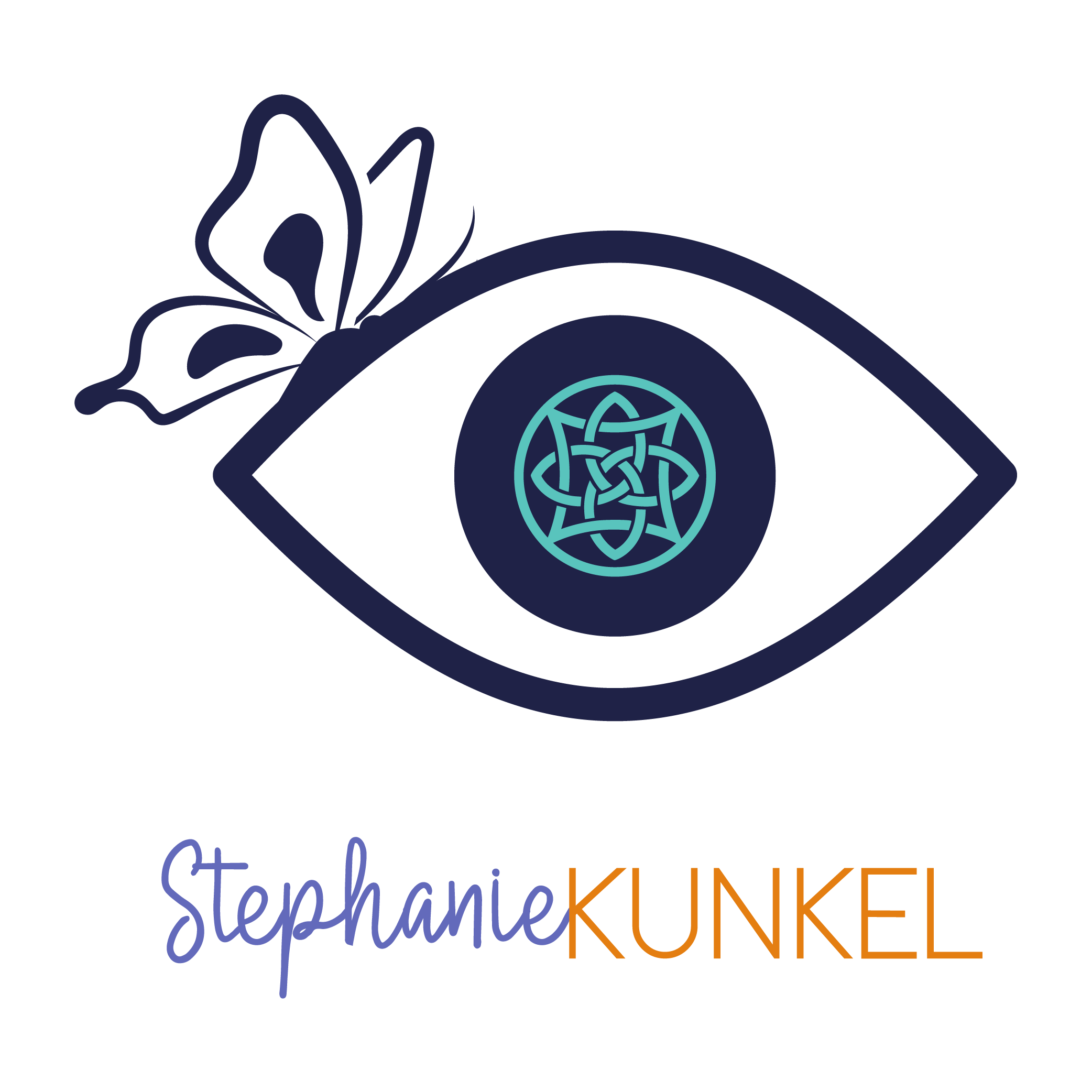
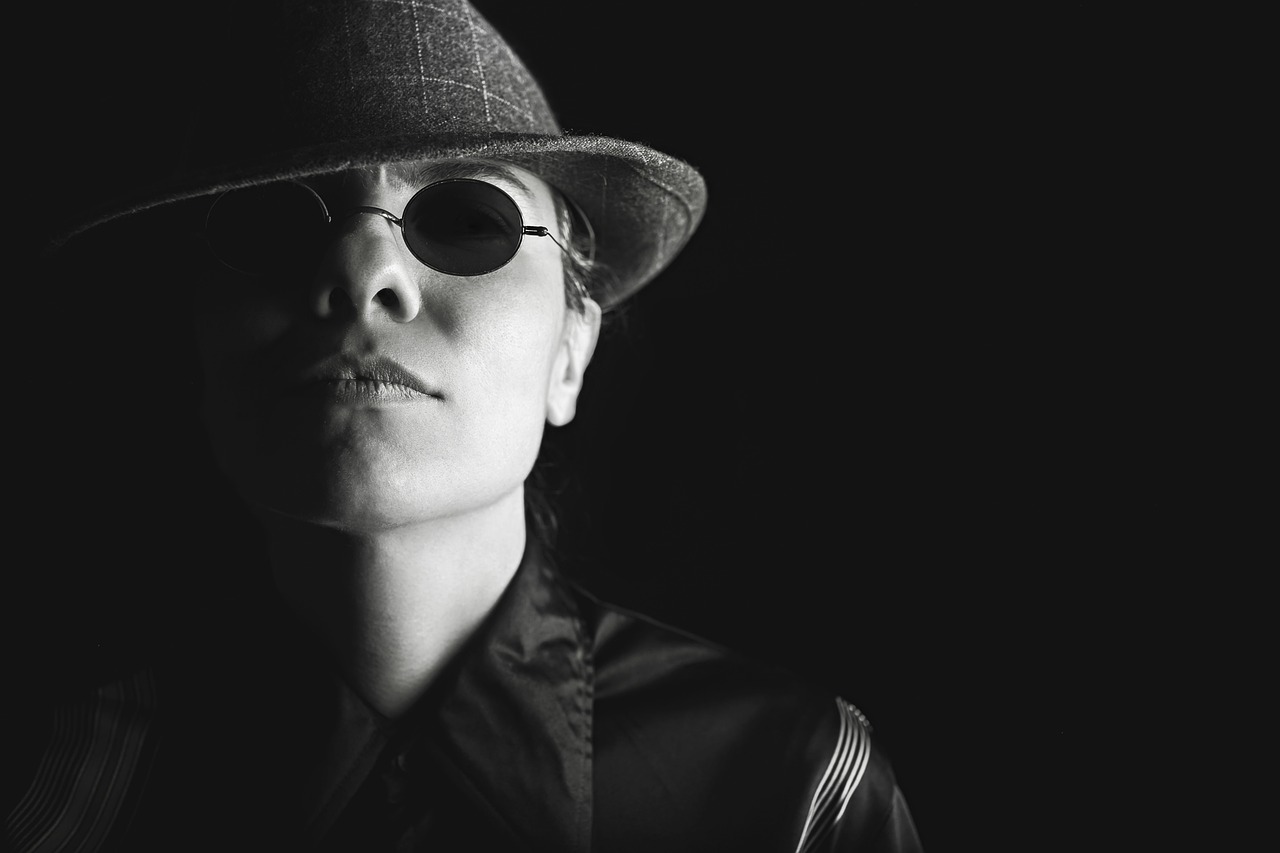

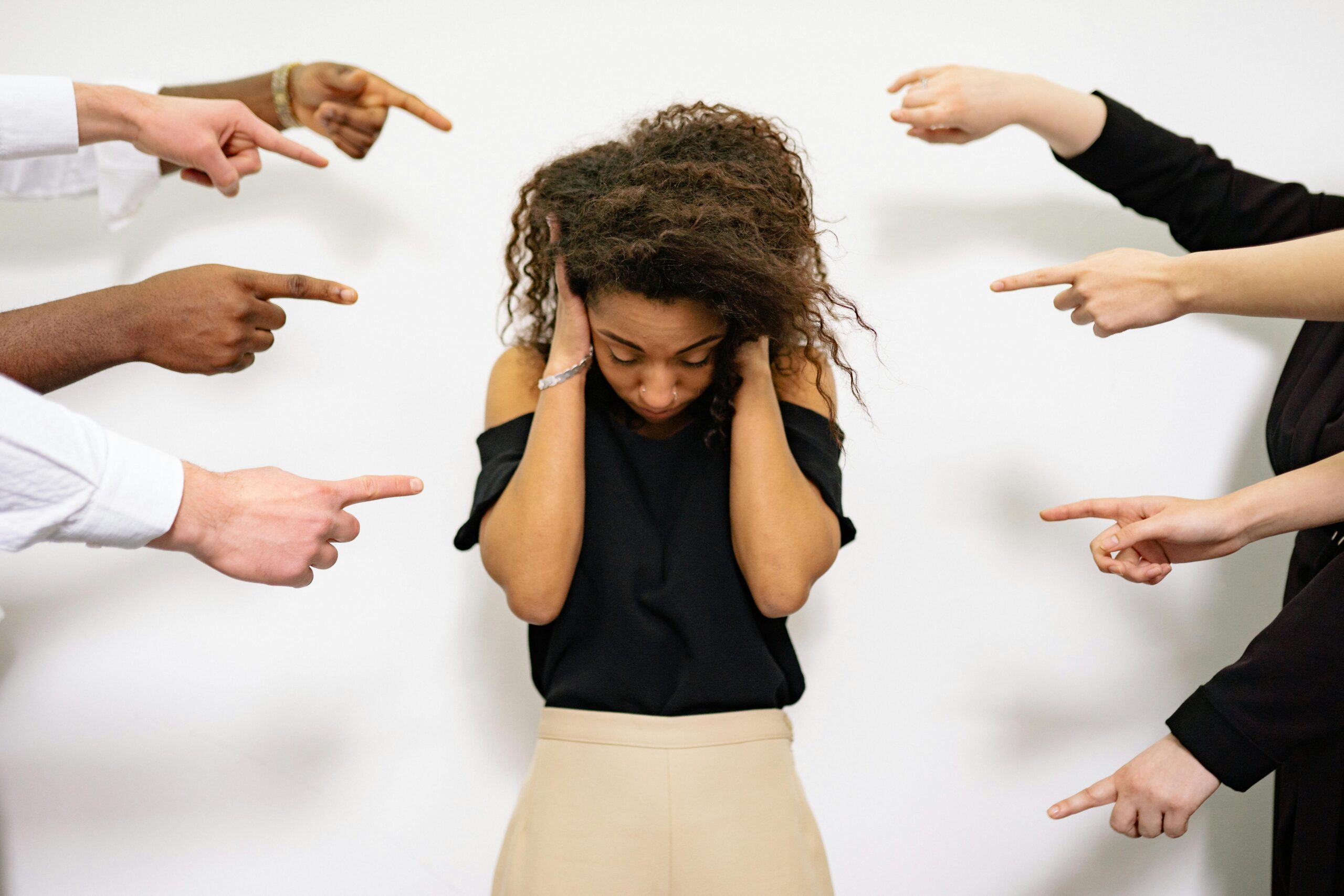
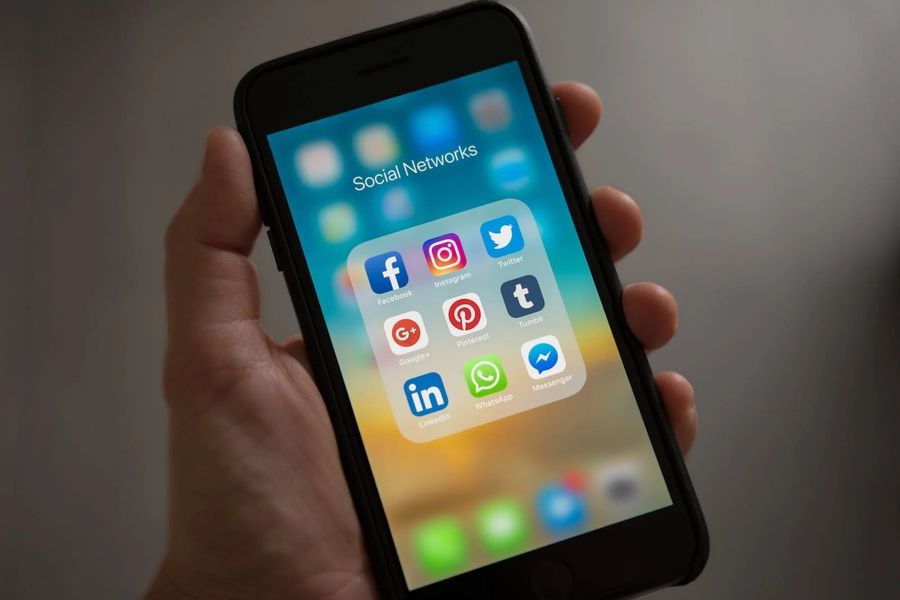


0 Comments